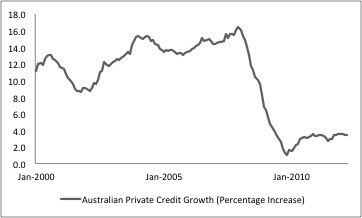Paul Krugman is widely appreciated for his New York Times columns criticizing Republican demands for fiscal austerity. He rightly argues that cutting back public spending will worsen the economic depression into which we are sinking. And despite his partisan Democratic Party politicking, he warned from the outset in 2009 that President Obama’s modest counter-cyclical spending program was not sufficiently bold to spur recovery.
These are the themes of his new book, End This Depression Now. In old-fashioned Keynesian style he believes that the solution to insufficient market demand is for the government to run larger budget deficits. It should start by giving revenue-sharing grants of $300 billion annually to states and localities whose budgets are being squeezed by the decline in property taxes and the general economic slowdown.



